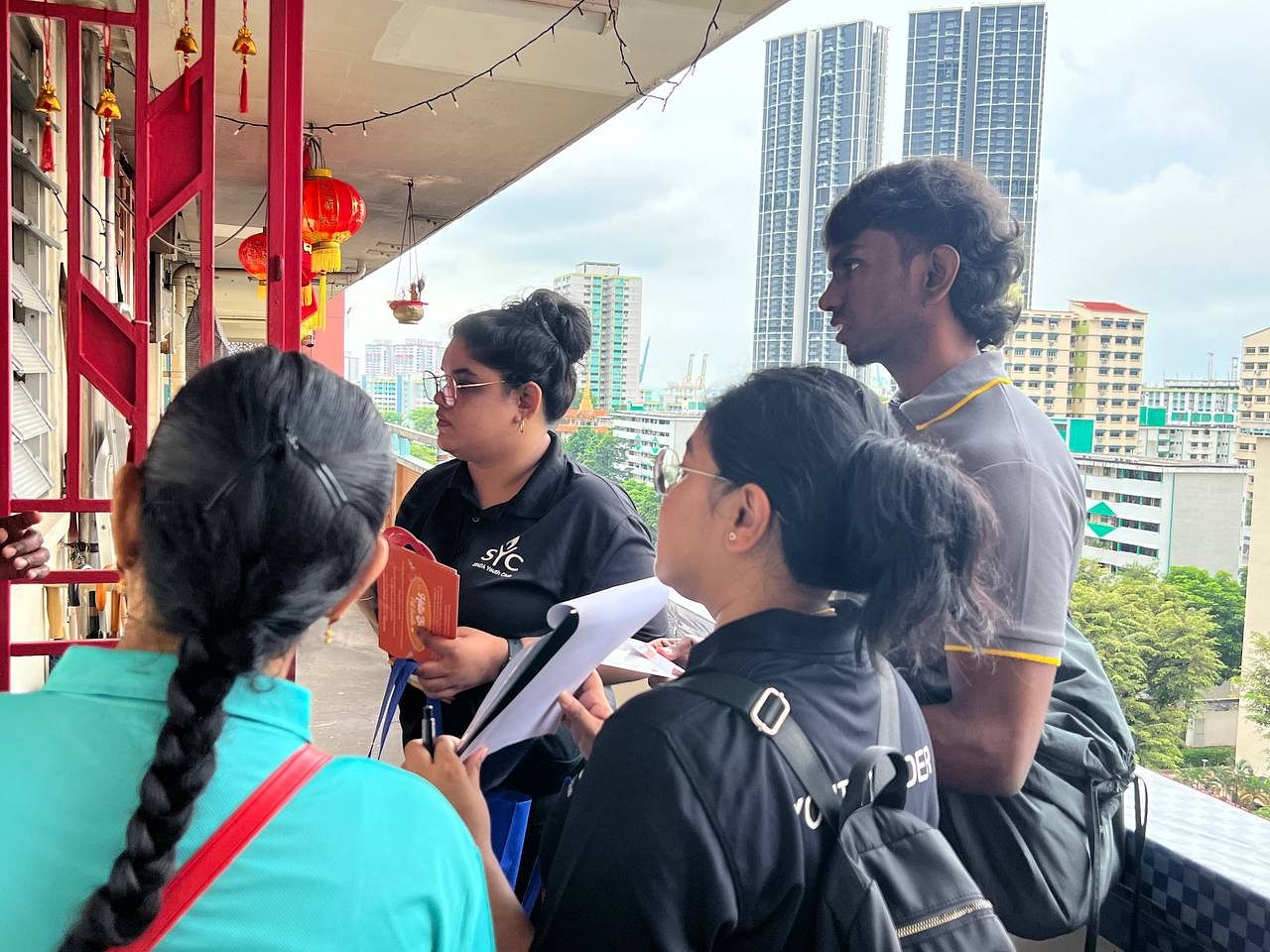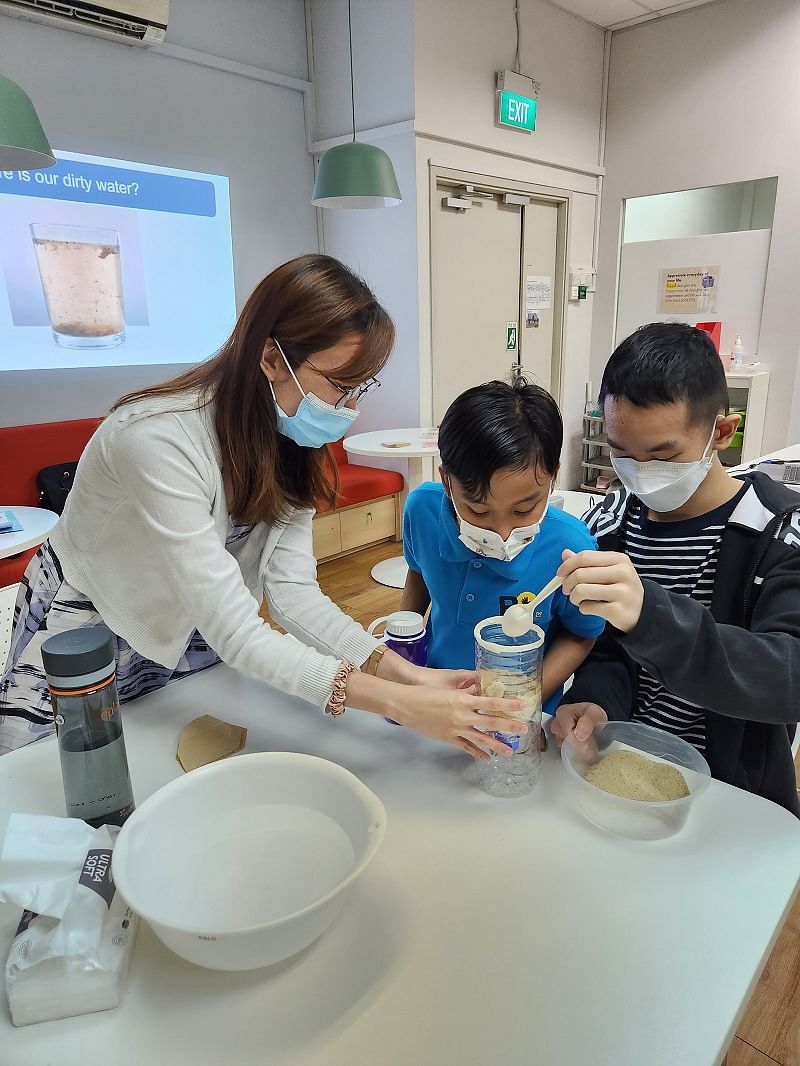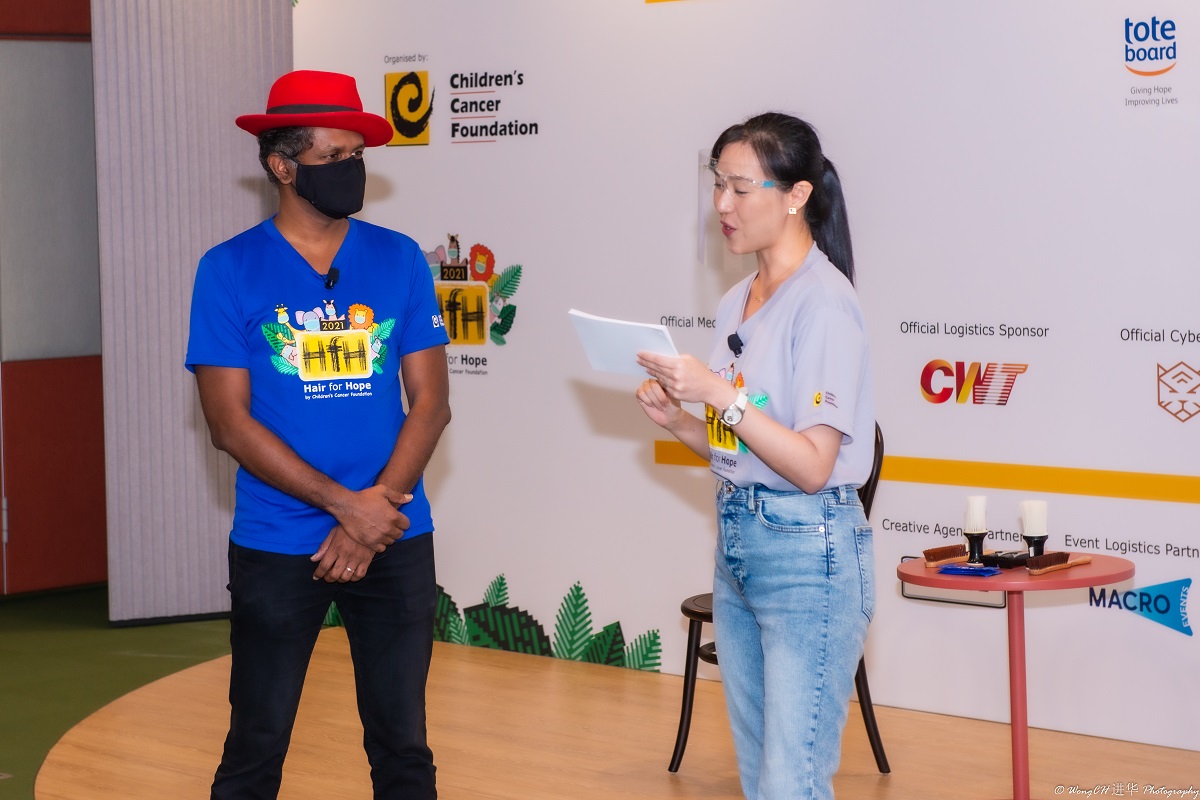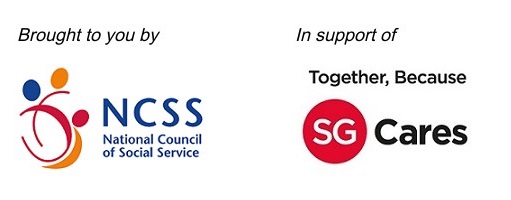BRANDED CONTENT
Improving literacy in young children: How 4 volunteers got the support to start a reading programme
Volunteer-driven projects like this enable volunteers to perform better and feel more satisfied with their roles

One of SINDA’s volunteer-driven initiatives is the Door Knocking Exercise where volunteers meet Indian residents to find out how the social service agency can serve the community better. Volunteers undergo a training session so that they are equipped with the necessary skill sets as a befriender. PHOTO: SINDA
Follow topic:
Each week, a child from a low-income family attends an online reading session with a volunteer where stories are brought to life with engaging sound effects and lively expressions.
The programme, called SINDA Book Wizards, is the brainchild of four volunteers from the Singapore Indian Development Association (SINDA). The idea came about when Covid-19 restrictions were in force and the volunteers wanted to find a way to help young children cultivate a habit of reading and help them improve literacy skills before they entered primary school.
SINDA Book Wizards is one of five programmes initiated by the volunteers, says Mr Anbarasan Thuraimanikam, who leads the volunteer management team at SINDA.
“We often come across volunteers who have great ideas to engage the community. As such, we developed the Volunteer Initiated Programme in 2020, a formal process where volunteers could propose ideas for community projects they would like to implement,” he adds.
The SINDA volunteer management team would then guide them and provide the funds, resources and any administrative support needed to make the projects come to fruition.
Mr Anbarasan and his team had made use of resources provided by the National Council of Social Service (NCSS) to come up with the volunteer management strategy to plan and manage activities for over 1,000 volunteers. The NCSS resources they had referred to include a Volunteer Management Toolkit with guidelines on volunteer management and a Volunteer Management Maturity (VMM) Matrix, a digital self-assessment tool that enables agencies to evaluate their capabilities and identify gaps in volunteer management practices.
“A volunteer strategy is important because you are collaborating with different stakeholders. You’re not just managing volunteers. You’re working with corporations, community partners, as well as your organisation’s internal divisions,” he says.

Right tools for the right direction
Ms Teo Ai Ling from the Children’s Cancer Foundation (CCF) has also made use of NCSS’ resources when she joined the social service sector in September 2020.
Ms Priscilla Gan, director, volunteer resource optimisation, NCSS, explained: “Volunteers are pivotal to the growth and transformation of social service agencies. With this in mind, NCSS developed the VMM Matrix to help social service agencies understand their strengths and gaps in their volunteer management practices, as well as to provide recommendations of resources (such as Volunteer Role Redesign Guide) for agencies to adopt to better engage volunteers. When agencies invest in building stronger volunteer management capabilities, it will undoubtedly lead to stronger and more sustained volunteerism for their organisation to take Singapore and Singaporeans forward.”

Ms Teo found the VMM Matrix useful in evaluating the agency’s volunteer management practices. From there, she developed a volunteer management framework that prioritised the recruitment of corporate volunteers – in line with one of CCF’s priorities last year to create more sustainable partnerships with corporate organisations.
“Working with corporate partners allows us to use their expertise to enhance our programmes, as well as improve visibility for CCF and awareness of childhood cancer to a wider audience,” she says.
For instance, volunteers from corporate partners like water solutions and water technology company Xylem have conducted hands-on activities on water filtration and talks to deepen beneficiaries’ knowledge on various water sources in Singapore for CCF’s on-going Place for Academic Learning and Support (PALS) Active Learning programme. Other groups of volunteers have facilitated classes on other life skills like time management, the arts, science and the environment, and physical and mental wellness.

Last year, Ms Teo was able to recruit 25 corporate partners – including private companies and education institutions – and their employees took part as corporate volunteers in PALS Active Learning as well as social group outings for CCF beneficiaries.
This year, she and her team are focusing on scaling up volunteer recruitment and training for CCF’s Play Personnel programme, which has resumed with the lifting of Covid-19 restrictions. Held at CCF’s Family Resource Centre at KK Women’s and Children’s Hospital and National University Hospital, the programme allows volunteers to engage children and teens with cancer in structured recreational activities.

Ms Teo shares that CCF is reviewing its processes to simplify them so that volunteers will continue to have a welcoming experience with the social service agency.
Developing volunteers’ roles and competencies
At SINDA, Mr Anbarasan and his team have redesigned the agency’s volunteer training to be more competency based. Volunteers who wish to mentor youths are trained on how to communicate with them, while befrienders for seniors are trained specially on how to engage with the elderly.
“We design and conduct training so that they can perform their roles much better,” he says. “This way, we develop the roles and the person. And when people can see their competencies being developed, it’s more impactful for them and for us.”
Take SINDA Book Wizards as an example. Started by four volunteers all of whom have experience in early childhood education and curriculum planning, it is now entirely run by 50 volunteers. Around 86 children have benefited from it since 2020.
The efforts of these social service agencies to better engage volunteers are reflected in the numbers. Mr Anbarasan reports that SINDA’s 2022 volunteer retention rate is 84 per cent, while 87 per cent of volunteers are satisfied with their role.
And the most rewarding part of his job is seeing volunteers return and even recruiting others.
“Success for us is when a volunteer goes through the programme and wants to recruit his family or friends,” he says. “We’ve also had a former beneficiary who received financial assistance when he was a kid and is now back with us as a volunteer.”
Find out more about the NCSS Volunteer Management Maturity Matrix at https://go.gov.sg/ncss-vm-maturity-matrix.
Social service agencies can also visit the NCSS Volunteer Resource Hub at http://go.gov.sg/ncssvolunteerresourcehub for more information to develop their volunteer management practices.


